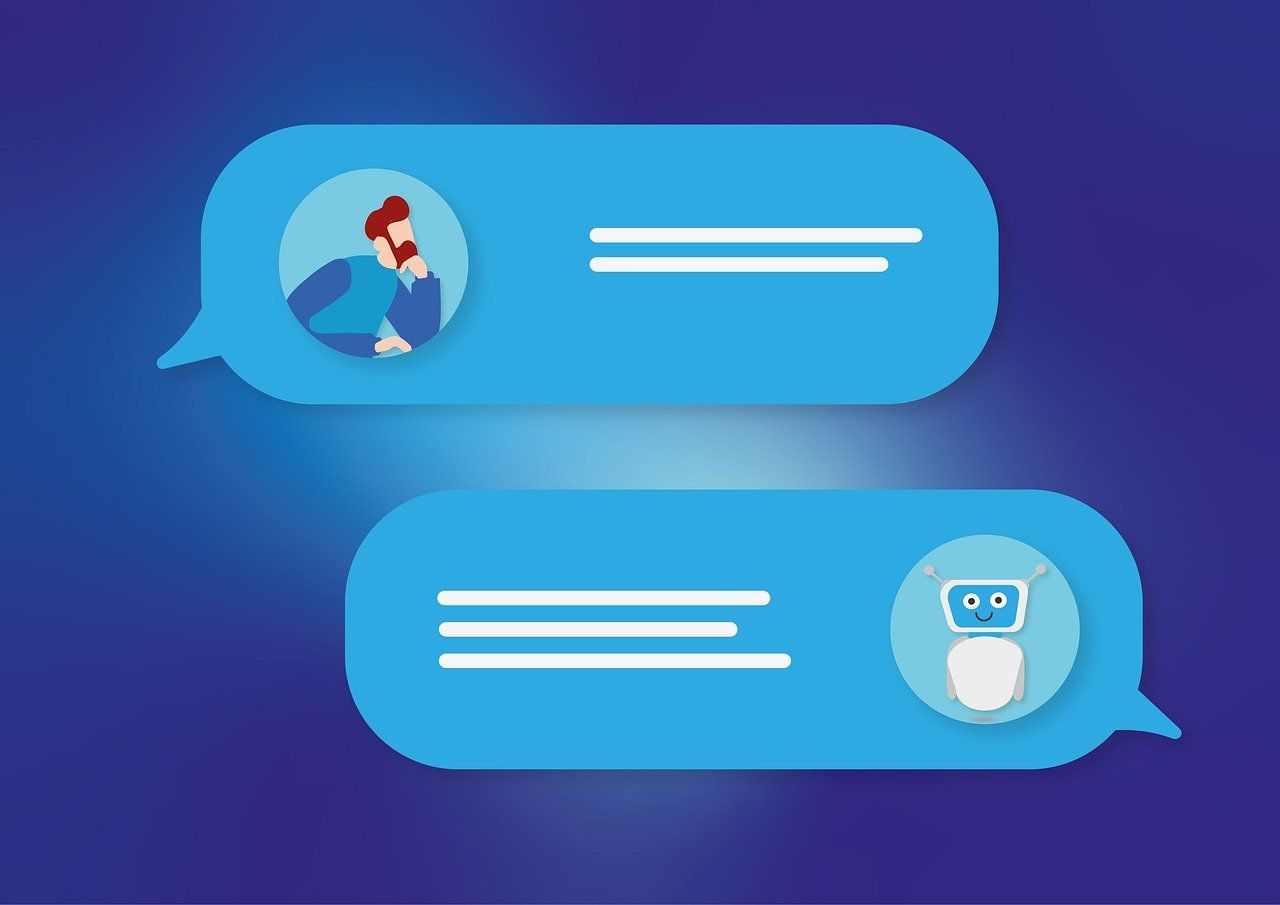
Big Four Firms Race to Build "Agentic AI" Platforms for Autonomous Business Operations
 In the bustling landscape of corporate innovation, a quiet revolution is taking place. The Big Four consulting firms, Deloitte, EY, PwC, and KPMG, are racing to develop what could be the most transformative technology since the internet: agentic AI platforms. Imagine walking into your office one morning to find that your AI assistant hasn't just organized your calendar or answered emails – it's autonomously negotiated contracts, optimized supply chains, and identified market opportunities while you slept. This isn't science fiction; it's the near future of business operations.
In the bustling landscape of corporate innovation, a quiet revolution is taking place. The Big Four consulting firms, Deloitte, EY, PwC, and KPMG, are racing to develop what could be the most transformative technology since the internet: agentic AI platforms. Imagine walking into your office one morning to find that your AI assistant hasn't just organized your calendar or answered emails – it's autonomously negotiated contracts, optimized supply chains, and identified market opportunities while you slept. This isn't science fiction; it's the near future of business operations.
Understanding Agentic AI: The Next Evolution
The leap from today's AI to agentic AI is like comparing a calculator to a CFO. While current AI systems excel at specific tasks, agentic AI platforms possess the ability to understand context, make autonomous decisions, and take independent actions to achieve business objectives. According to recent research, by 2025, approximately 25% of organizations utilizing generative AI will have launched agentic AI initiatives, marking a significant shift in how businesses operate.
The Big Four's AI Revolution
At the forefront of this transformation, Deloitte has unveiled its groundbreaking Zora AI platform, designed to autonomously handle complex business processes. Not to be outdone, EY has formed a strategic partnership with NVIDIA, leveraging cutting-edge hardware to power their autonomous business solutions.
These platforms aren't just sophisticated chatbots; they're complete business operation systems capable of understanding intricate business contexts and making nuanced decisions. For instance, Deloitte's Zora AI can analyze market trends, adjust pricing strategies, and even negotiate with vendors – all while maintaining compliance with company policies and regulatory requirements.
The Human Element in an Autonomous Future
Despite the autonomous nature of these platforms, the human element remains crucial. As Sarah Chen, a leading AI researcher, notes, "Agentic AI isn't about replacing humans; it's about augmenting human capabilities and freeing professionals to focus on strategic thinking and creative problem-solving."
Implementation Challenges and Solutions
The road to implementing agentic AI isn't without its bumps. Organizations face significant challenges in areas of data security, system integration, and employee adaptation. The Big Four firms are addressing these concerns through comprehensive security frameworks and gradual implementation strategies. For instance, PwC's approach includes a phased rollout system that allows organizations to test and adapt to autonomous operations in controlled environments before full deployment.
Future Implications for Business
The impact of agentic AI extends far beyond operational efficiency. These platforms are reshaping entire business models and creating new possibilities for growth and innovation. According to industry analysts, organizations that successfully implement agentic AI could see productivity gains of up to 40% in certain business functions.
Did You Know? The development of agentic AI platforms has sparked the largest investment in technology infrastructure among the Big Four firms since the dawn of cloud computing. In 2024 alone, combined investments exceeded $5 billion.
Preparing for the Agentic AI Future
For businesses watching these developments, the time to prepare is now. Start by:
- Understanding your organization's AI readiness
- Identifying processes that could benefit from automation
- Investing in employee training and change management
- Building a robust data infrastructure
The competitive advantage gained by early adopters of agentic AI will likely create a significant gap in market performance. Organizations that wait too long to embrace this technology risk falling behind in an increasingly automated business landscape.
Conclusion
As we witness this technological revolution unfold, it's clear that agentic AI will fundamentally change how businesses operate. The Big Four's race to develop these platforms isn't just about technological supremacy – it's about shaping the future of business operations.
The question isn't whether agentic AI will transform business operations, but how quickly organizations will adapt to this new paradigm. As these platforms mature, we'll likely see new business models emerge, traditional roles evolve, and the very nature of work transform.
Related Articles


